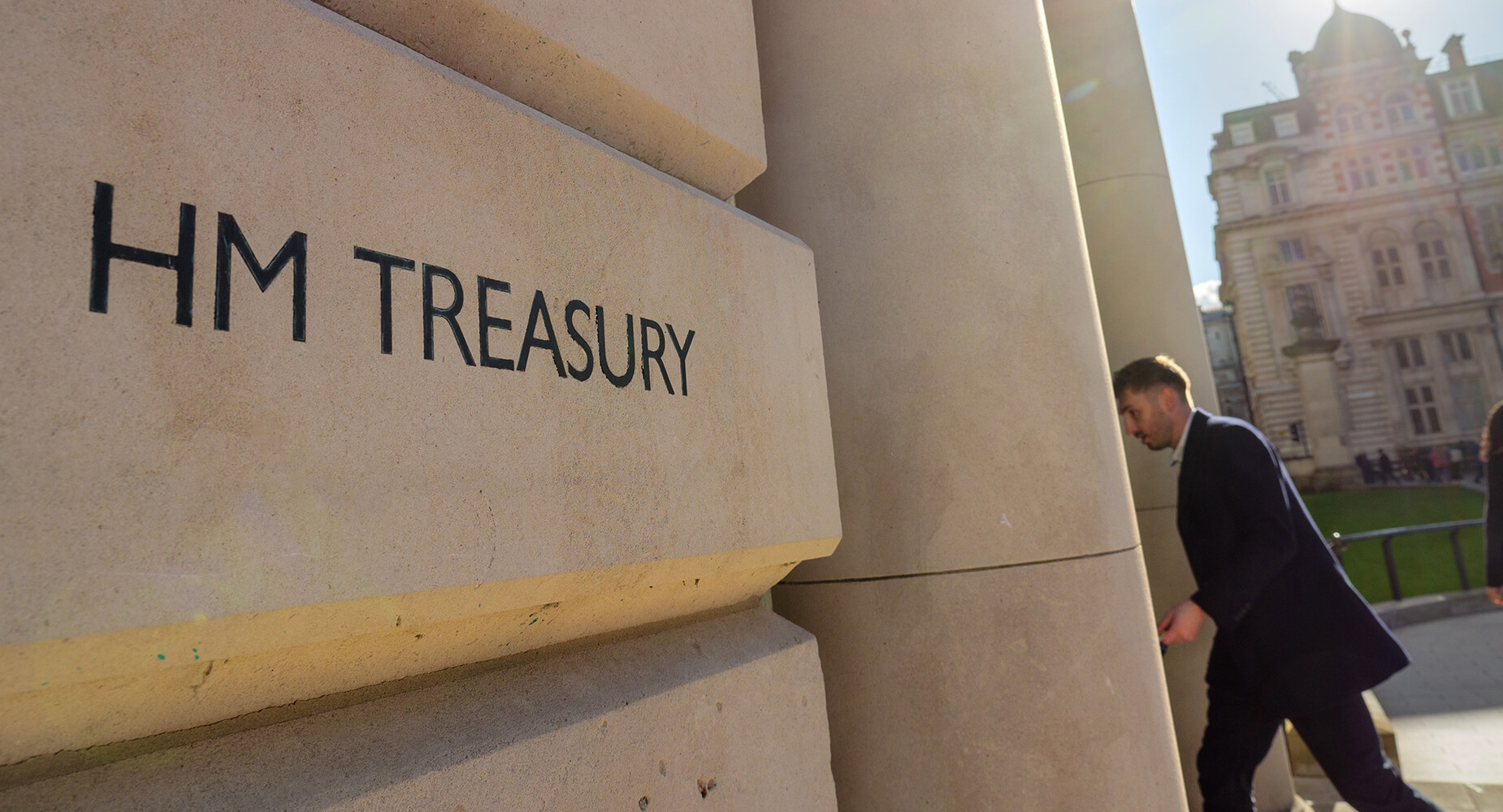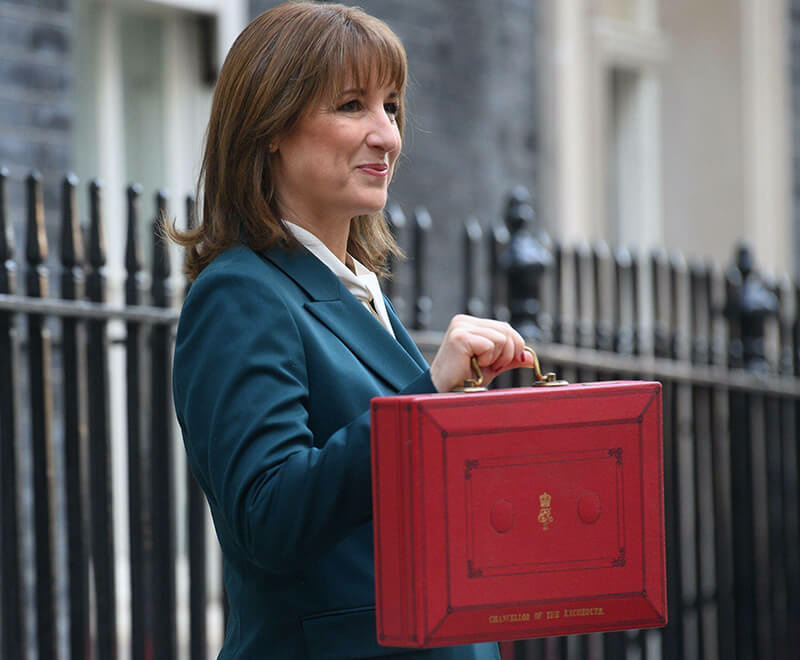When the Chancellor returns to her seat in the House of Commons on Wednesday, it will mark the end of one of the most challenging and chaotic pre-Budget periods in recent history.
Some may understandably point to the truly catastrophic fiscal event overseen by Liz Truss and Kwasi Kwarteng in 2022, but at least they had the good sense not to pre-warn the Office for Budget Responsibility that they were about to drive the UK economy off the proverbial cliff.
For weeks, this Government has rolled and re-rolled the pitch – taking unprecedented steps to signal to both the financial markets and British public that painful and unpopular decisions had to be made. The looming spectre of a gaping black hole in public finances has been signposted by every Minister on every media round for more than a month, leaving no uncertainty about the tough choices ahead.
At the heart of the political and economic challenge facing the Chancellor was a simple and undeniable truth. A promise made during the 2024 General Election campaign that a Labour Government would not put up any of the Big Three taxes – Income Tax, National Insurance and VAT – was about to be broken.
So what? Trust in politicians is at an all-time low. The public assume – rightly or wrongly – that the commitments made during an election campaign aren’t worth the paper they’re printed on.
But for this Government, elected on a platform of change, that promise to bring an end to the instability and incompetence that become the hallmark of successive Conservative governments has suddenly become the very embodiment of their failure.
Financial markets that thrive on fiscal stability, long-term planning and clarity in Government decision-making had been placated by Rachel Reeves’ refusal to break her self-imposed spending rules. An increase in income tax, however unpalatable for the wider public, was a signal that this Government would place greater importance on the country’s economic foundations than it would their own electoral prospects.
But in a single moment, in a briefing to a handful of well-placed journalists – all that hard work was undone.
Weeks of set piece speeches, carefully placed Ministerial op eds, probing questions from media and Opposition parties. All of it for nothing.
It may very well be the case that the Chancellor’s screeching U-turn was the result of better-than-expected economic forecasts. Indeed, it would be an act of political hara-kiri to so blatantly break a manifesto commitment if the numbers don’t demand it.
And when the necessity of taking such significant financial decision remains a distinct possibility, it would have been negligent of the Government not to prepare both markets and the country for what could be coming down the line.
But the piece that has been missing throughout this entire pre-Budget process is the same piece that many argue this Government has been missing from day one.
The vision. The narrative. The story that this Government has to tell – not just about the difficult decisions that will dominate the weeks and months ahead – but the promise of what lies the other side.
For almost 18 months, this Government has failed to effectively communicate the trade off that these tough times will repay. The real-world, tangible benefits that people will feel in their everyday lives as a consequence of us all ‘tightening our belts’ and ‘playing our part’.
A properly funded NHS safeguarded for future generations? Reliable and affordable transport infrastructure? Better schools, cheaper childcare, the promise of a decent job when you leave school?
This is the real challenge facing the Chancellor on Wednesday. Fairly or unfairly, it falls to Rachel Reeves to use this Budget to tell the country what this Government believes to be its priorities. The time for blaming the last lot – however incompetent and damaging their tenure may have been – is over.
When the Chancellor stands up on Wednesday afternoon, it may be the last chance for this Government to tell voters that they understand their fears and they share their aspirations. If they can’t, then they only have themselves to blame.



